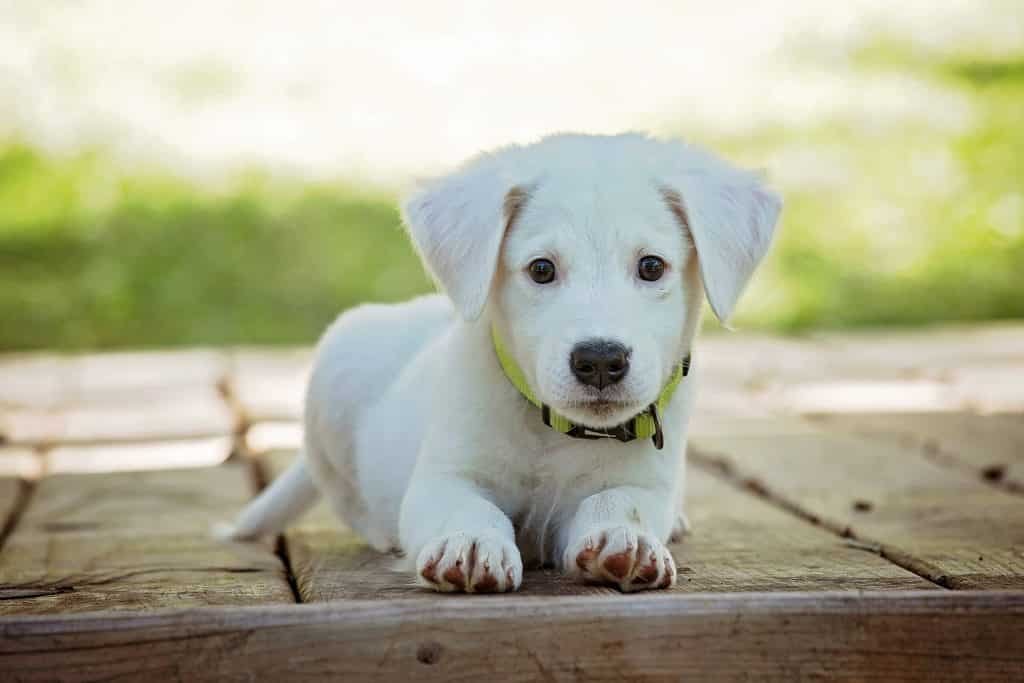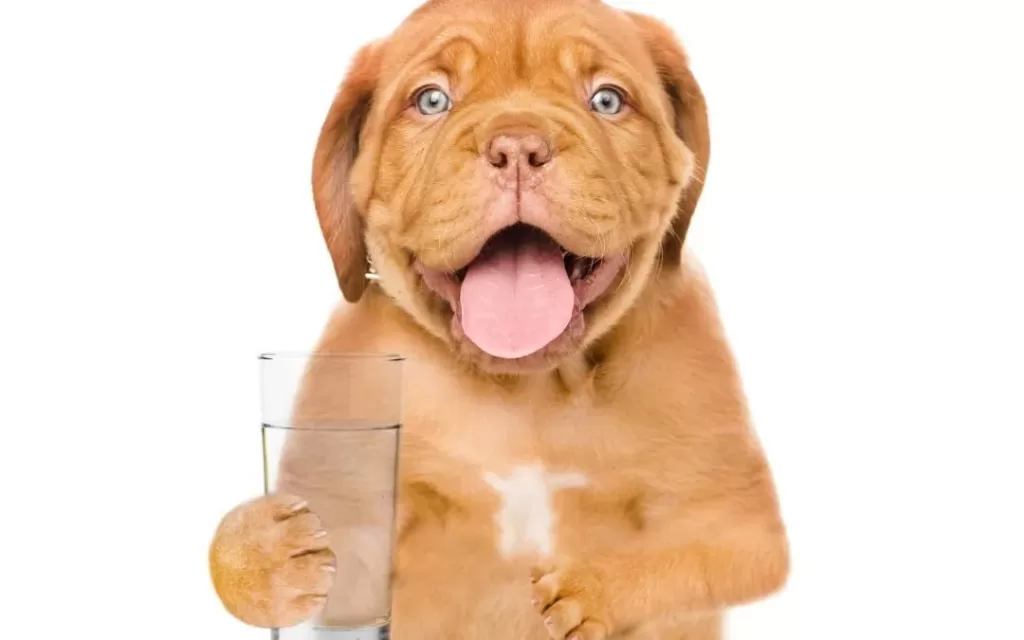Why does my Puppy have Hiccups? If it lasts more than one or two minutes, here are some tips on how to cure dog and puppy hiccups.
Every mammal with a diaphragm can experience hiccups. Although some animals, such as birds and reptiles, do not have diaphragms, when amphibians perform gulping, they can perform some involuntary actions, such as hiccups.
Like human hiccups, your dog or puppy does not have to worry too much about getting hiccups, as they usually go away after a minute or two.
Also Read: German shepherd Pomeranian Mix for your family and lifestyle.
But if your dog or puppy gets them often, or if they are more than 30 minutes late, or the dog suffers from a slight cough, it’s time to see a veterinarian.
Do not give human medicines to dogs to cure hiccups without proper guidance from a veterinarian. Such medications can harm your dog.
Puppy Hiccup Video
How to cure dog and puppy hiccups

Here are some common ways to get rid of hiccups in dogs.
Hiccups occur in both puppies and dogs, and the reasons for them are similar to why we do. It is usually eaten very quickly, being too excited or energetic and high in grain. Puppies are more hyperactive and have more fun and excitement during play or eating, and this makes their hiccups. Excessive barking can also cause hiccups, as too much excitement can quickly trigger breathing. And, eating or drinking too quickly can cause air to get trapped in the stomach.
Determining if your dog really has hiccups can be a little difficult because some involuntary actions are similar to hiccups. A good example is the so-called ‘reverse sneeze’ in which the dog breathes very quickly and uncontrollably, as opposed to sneezing. You also need to be careful when the dog has prolonged hiccups and especially when coughing. Here are some common ways to get rid of your dog’s hiccups:
Make sure you feed your dog low-grain food. High grain foods often cause hiccups in dogs. You can also look at your dog’s eating habits and find that other types of foods can trigger hiccups.
Water helps to get rid of hiccups like in humans. When your dog has hiccups, give him water.
Do him some exercise. Whether it’s a good walk in the park, a fancy or frisbee game, or any outdoor activity, it will definitely excite your dog, change his breathing and heart rate and cure hiccups.
Try to feed your dog because it can also change your dog’s breathing pattern and avoid hiccups.
The above tips on how to cure dog and puppy hiccups, fortunately, work in most cases. As mentioned, see if your first action lasts more than just a few minutes. Usually, they don’t.
What if the dog hiccups do not go away?
If your dog has been hiccuping for more than a few hours or if your dog’s hiccups have become suffocating, irregular, or have difficulty breathing, you should take him to the vet and check out. Unresolved hiccups can be a symptom of a more serious problem.
When Are Hiccups for dogs is a Concern?
Hiccups are a concern for the new puppy owner, especially if they have adopted their first puppy. Hiccups occur when puppies eat or drink too quickly. New puppy owners are especially vigilant in monitoring their pet’s health. Anytime a new puppy owner is concerned about their puppy reaction (even the most common ones like hiccups).

